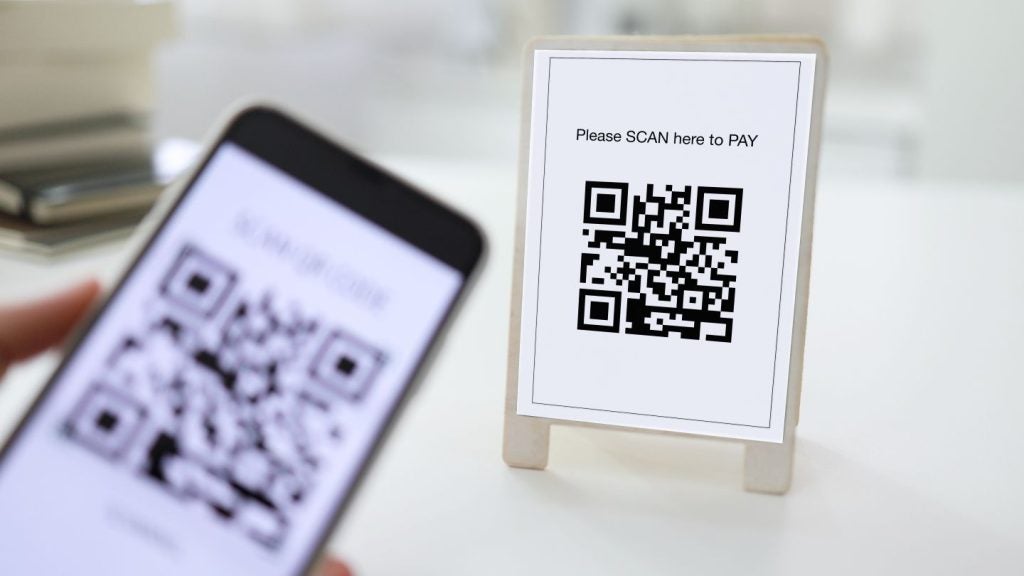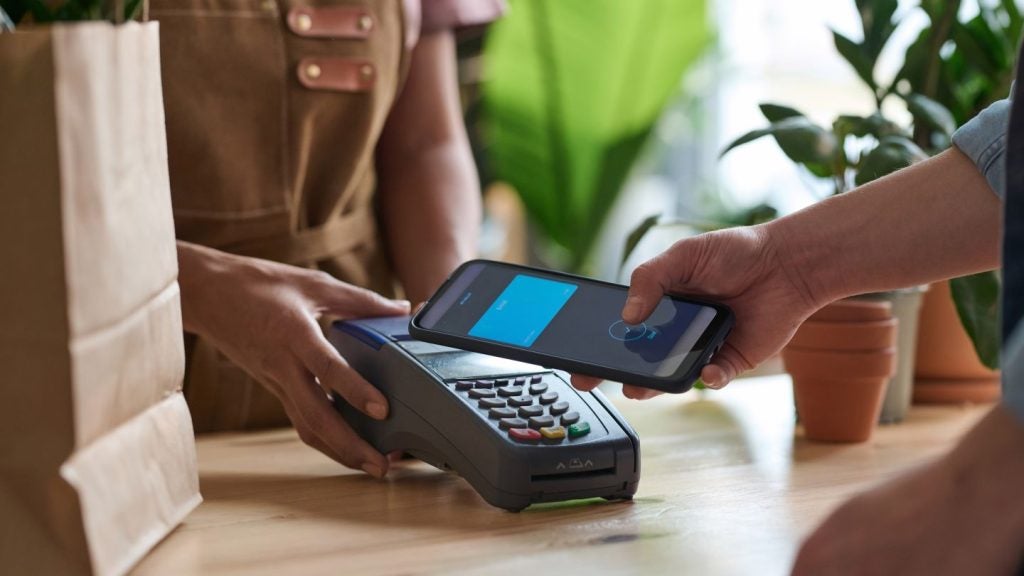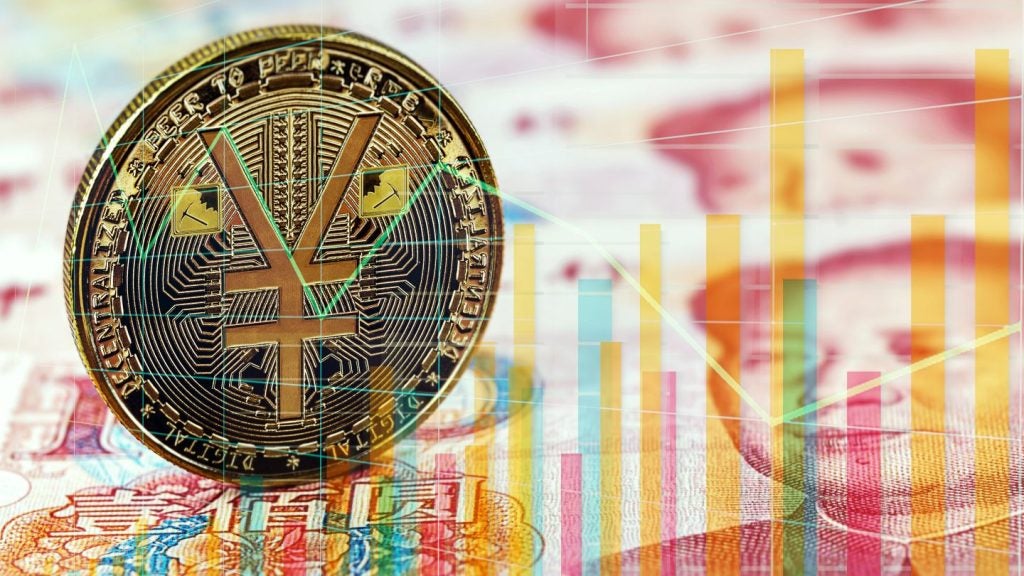A visionary mobile operator is
pioneering mobile payments and banking in war-torn Afghanistan,
where 97% of the population is unbanked. Robin Arnfield
reports

Access deeper industry intelligence
Experience unmatched clarity with a single platform that combines unique data, AI, and human expertise.
Roshan, the largest mobile operator in
Afghanistan, teamed up with Vodafone Group to launch the M-Paisa
mobile money service in November 2008, based on the UK-based
telco’s M-Pesa mobile payments platform. Paisa means ‘cash’ in the
Afghan languages Dari and Pashto.
M-Paisa works on basic mobile handsets such as
the Nokia 1100, says Zahir Khoja, director of mobile money at
Roshan. “It doesn’t require any application to be downloaded to the
handset,” he says.
As of March 2012, Roshan had 1.2 m registered
users for M-Paisa and during calendar 2011 processed $24m worth of
mobile payments on the platform. Roshan has around 6 m mobile phone
subscribers.
“M-Paisa has been growing at double-digit
rates,” says Thor Hauge, vice president, head of global sales at
Western Union Mobile, which is partnering with Roshan on
international mobile remittances to Afghanistan.

US Tariffs are shifting - will you react or anticipate?
Don’t let policy changes catch you off guard. Stay proactive with real-time data and expert analysis.
By GlobalData“Afghanistan has a population of around 30 m,”
says Zahir Khoja, director of mobile money at Roshan. “But the
country’s 17 banks have a total of just 300 branches. The majority
of the population is in rural areas, while the banks are based in
the cities. Because the penetration of mobile phones in Afghanistan
is very high, mobile is a tool for providing financial services to
the unbanked.”
Although Roshan is a for-profit business, it
also has a non-profit element which is committed to working for the
social development of Afghanistan. Its majority shareholder is the
Aga Khan Fund for Economic Development (AKFED), with a 51.00 %
stake. Monaco Telecom International (MTI), a subsidiary of Cable
& Wireless Communications, owns 36.75 % and Swedish-based telco
TeliaSonera 12.25 % of Roshan.
“Introducing banking-type services using
mobile phone technology such as M-Paisa will serve as a catalyst to
improve the quality of life in Afghanistan,” says Khoja. “Our aim
with M-Paisa is to educate people about financial services.”
Bringing unbanked Afghans into the formal banking system will
enable them to save for their healthcare and their children’s
education, which will reduce poverty in the country, he says.
Cash
Traditionally, Afghanistan has been a
cash-based economy. “Cash is problematic in that it is risky and
lacks transparency in terms of having an audit trail,” says Khoja.
“The Central Bank of Afghanistan wants to have transparency on
where money in Afghanistan is used, and how it is used.”
In common with other countries in the region,
Afghanistan has an informal cash-based value transfer system called
Hawala (Arabic for transfer). Based on trust relationships between
senders, recipients and money brokers, Hawala has no documentation
and, therefore, no audit trial.
“Roshan follows very strict KYC (know your
customer) guidelines for mobile money,” says Khoja. “To apply for
an M-Paisa wallet, you need to show your Afghan passport or your
Taskera national ID card. Taskera cards are available in every
Afghan village, so this means that everyone has access to a
national ID card.”
Khoja says that Roshan finds and screens
agents before allowing them to provide M-Paisa payments. “There are
some Roshan airtime top-up merchants who are also M-Paisa agents,”
he says. “But we have a lot of M-Paisa agents who aren’t Roshan
airtime resellers. We look for agents in high-traffic locations who
have a good number of customers and strong cash inflows and
outflows. Agent liquidity is important to ensure users’ cash-in and
cash-out needs are met. If an ATM in the US runs out of cash, it’s
likely there will be another ATM down the street with money. But,
if an M-Paisa agent runs out of cash, there may not be another
agent nearby.”
Roshan is partnering with licensed Hawala
agents in its rollout of M-Paisa, Khoja says. “M-Paisa is working
to leverage the Hawala tradition while adding convenience, speed
and transparency to money transfer transactions.”
Advantages
Services offered by M-Paisa include mobile
person-to-person (P2P) transfers, direct payroll deposits,
microfinance loan disbursements and repayments, Roshan airtime
top-up, and point-of-sale merchant payments. Users receive
discounts from merchants for paying for purchases via M-Paisa.
M-Paisa clients can either use SMS on their
mobile phones or access the system via IVR (interactive voice
response). However, although Roshan offers access to Internet
applications such as Facebook and Twitter using a GPRS (General
Packet Radio Service) connection on basic cellphones, it does not
provide a Web version of M-Paisa. GPRS is a standard for mobile
data services on 2G and 3G mobile networks.
“We have private employers, government
agencies and NGOs (non-governmental organisations) using M-Paisa to
make salary disbursements,” says Khoja. “Organisations will use
M-Paisa anywhere that it is difficult to pay people’s salaries. For
example, the Afghan National Police use M-Paisa to pay staff in
remote areas where there aren’t bank branches. The advantage of
using M-Paisa is that people receive their salary in full and on
time. With mobile payments, you eliminate the need to use people to
transport salaries, so the money doesn’t get stolen.”
Khoja says that Roshan has relationships with
microfinance institutions that distribute loans to recipients via
M-Paisa. “Recipients can repay their loans via M-Paisa,” he says.
“Using M-Paisa reduces the time required to disburse a loan and
also to repay it. M-Paisa’s advantage for the lender is that people
often don’t repay their loans, not because they don’t want to or
don’t have the money, but because they can’t get to the loan office
in time to repay the loan. So, by overcoming the challenge of the
long distance between borrowers and microfinance institutions,
M-Paisa makes it easier for borrowers to repay their loans. Also,
the lender can communicate with the borrower via cellphone. For
example, it can send an SMS message to say the loan repayment is
due or past due. The lender could also say: ‘you have been a very
good customer, do you want to increase the size of the loan?’”
“P2P is a primary application on M-Paisa,
which will continue to grow as people learn how to use M-Paisa for
sending money from their homes via cellphone,” says Khoja. “Workers
need to send money when they receive their salary, to their family
back in the village where they come from. The advantage of using
M-Paisa to move money around Afghanistan is that you don’t need to
leave your job and travel back to your village with cash.”
Selling Roshan airtime on M-Paisa is a big
market for the mobile operator, Khoja says. “It’s very convenient
for a Roshan customer to be able to top up their Roshan airtime
without needing to go to a Roshan agent,” he says.
An important element in Roshan’s marketing for
M-Paisa is to explain to consumers that e-money is the same as
cash, says Khoja. “We do a lot of grassroots events in Afghanistan
to educate people about M-Paisa,” he says. “People experience
M-Paisa for the first time when their salaries are paid direct to
their cellphone, and then they realise they can do things using
M-Paisa such as sending money electronically to relatives.”
Electronic Money Institution
licence
In April 2011, Roshan received an Electronic
Money Institution licence for M-Paisa from the Central Bank of
Afghanistan (Da Afghanistan Bank), marking the first issuance of
this type of licence in Afghanistan. Roshan had been operating
under a Money Service Provider (MSP) licence since introducing
M-Paisa in 2008. Roshan says that EMI licences add an additional
layer of protection for mobile money service customers, agents and
partners over and above that provided by MSP licences.
“There are other Afghan mobile operators
who’ve applied for EMI licences so they can offer mobile payments,”
says Khoja. “I think it will be a good thing for other Afghan
mobile operators to offer m-wallets, as this will help the mobile
money market grow in the country.”
The Afghan regulator does not stipulate that a
mobile operator wanting to offer mobile wallets needs to have a
bank partner participating in its mobile money service. However,
any money that a customer deposits into their M-Paisa account is
backed by an equivalent account held by M-Paisa in a trust account
with a bank.
“If a customer deposits, for example, $100 in
cash at one of our agents, the agent then has to deposit $100 into
an M-Paisa trust account,” says Khoja.
Western Union
Western Union announced in February 2012 that
it had signed an agreement with Roshan to enable international
remittances to be sent to M-Paisa mobile wallets in Afghanistan.
“Western Union is currently working on the technology integration
for the service with Roshan and its partner Vodafone,” says Western
Union’s Hauge.
“The advantage of people outside Afghanistan
being able to send mobile remittances to Afghanistan is that people
in remote rural areas will be able to receive money in their
M-Paisa wallet without needing to visit an agent,” Hauge says. “To
remit funds to M-Paisa in Afghanistan, senders will have the option
of visiting a Western Union branch, or using the westernunion.com
website or a Western Union mobile money transfer app on their
smartphone. They’ll need to supply the name of the recipient, their
city and country and their cellphone number so we can perform KYC
checks on the recipient and sender. The transfer will occur in real
time, and the recipient will get an SMS message saying they have
been sent some money to their M-Paisa account.”
“We will be rolling out the international
mobile remittance service with Western Union at the end of April,
after we complete the final integrations,” says Khoja. “People
anywhere in the world will be able to send money to Afghanistan to
M-Paisa wallets via Western Union. There are large Afghan
communities in the US and Europe, for example Germany, and also
Pakistan, who send money back to their families.”
Bancarisation
In August 2011, Roshan formed a partnership
with Vancouver, Canada-based prepaid payments technology vendor
VendTek Systems to add extra functionality to M-Paisa. VendTek is
providing an application called the Connector which enables M-Paisa
customers to send e-money to and from their Afghan bank accounts.
The application also enables Afghan banks to offer mobile banking
services to their customers, says Nurez Khimji, VendTek’s chief
financial officer.
“The banks’ customers will be able to use
their cellphones to do account balance enquiries, transfers, mobile
top-up, and pay for electricity bills,” Khimji says. “We also
intend to offer bank customers a mobile point-of-sale purchase
capability as well as the ability to deposit or withdraw cash from
their accounts at M-Paisa agents.”
“There are some applications that are needed
for the Afghan market that are not available on Vodafone’s M-Pesa
technology platform, and this is where VendTek is helping us,” says
Khoja. “VendTek is supplying an application layer on top of our
M-Pesa-based platform.”
Banks will be able to use the Connector to
provide mobile banking services without having to get their
customers to sign up for M-Paisa m-wallets, says Khimji. In
addition, they will not be required to use Roshan as the mobile
operator.
Unbanked M-Paisa users will also benefit from
the Connector. “Roshan will be offering payment services to M-Paisa
m-wallet users who don’t have bank accounts, such as bill payments,
via the Connector,” says Khimji.
“The Connector is ready and Roshan is working
with its bank partners to integrate it,” says Khimji. “The
application will go live by May or June 2012. Bank customers will
be able to perform mobile banking transactions, using the
Connector, by SMS, IVR, a Web interface or USSD Unstructured
Supplementary Service Data).” USSD is a protocol which enables
GSM-based cellphones to communicate in real-time with a service
provider’s computers.
Licensing the Connector to Afghan banks forms
a key part of Roshan’s mission to encourage financial inclusion in
Afghanistan, says Khoja. “The Connector’s bank integration
capability will enable Afghans to access basic, convenient and
transparent financial services without needing to visit physical
bank branches,” he says. “Roshan recognizes this as a pillar in the
redevelopment of Afghanistan. Our plan is to integrate M-Paisa with
all Afghanistan’s banks, so that we can offer our customers freedom
of choice for which bank they transfer their money to.”
Over time, Khoja expects to see people who
have mobile wallets getting bank accounts. “But the people need to
learn to trust the banking system, so that they can open savings
and loan accounts with banks,” he says.







